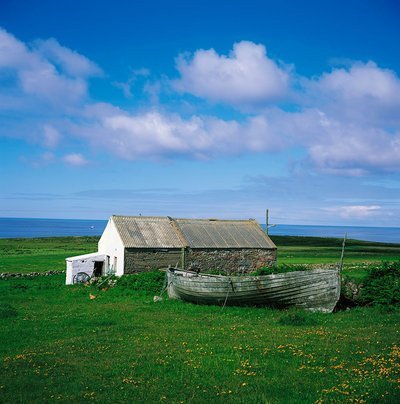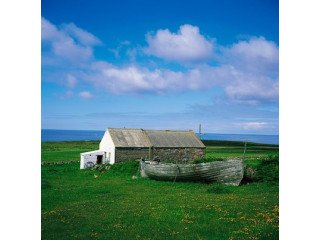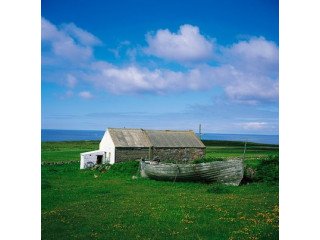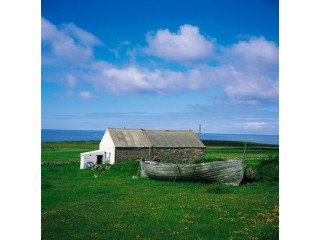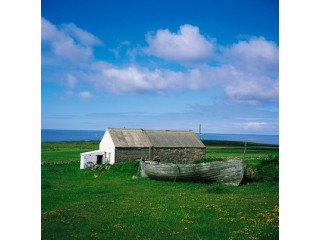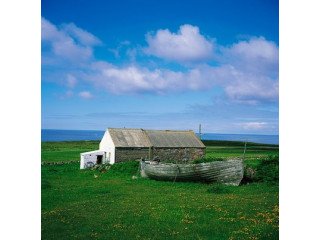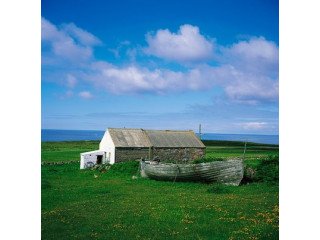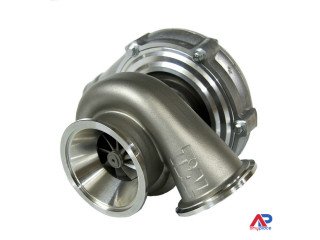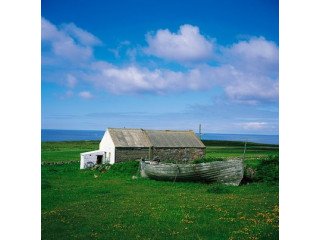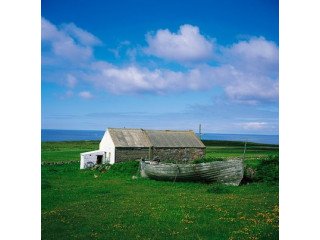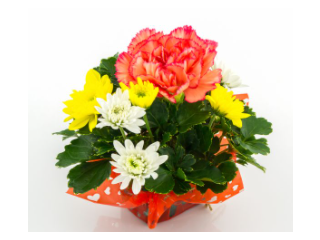Sweater knitting machine
2022-06-21 06:24 Phones & Tablets Sahāranpur 218 views Reference: 1145Location: Sahāranpur
Price: Contact us
Nowadays, there are many kinds of knitting machines existing in the market. The most common one is sweater knitting machine.
Sweater knitting machine also referred to as flat bed or v-bed knitting machine. That have two rib gated, diagonally-approaching needle beds, set at between 90 and 104 degrees to each other and are positioned so that the upper ends form an inverted "V". Sweater knitting machine has two needle beds arranged in an inverted v-shape. This machine can be hand-operated or controlled by computer. The flat bed machine is widely used in the sweater industry. The interactions between yarn and knitting elements that create the fabric occur at the apex of the V and the fabric moves away downward between the two beds, drawn down by the take-down system. During knitting in v-bed knitting machine, the edges of the knock-over bits restrain the sinker loops as they pass between the needles and thus assist in the knocking over of the old loops and in the formation of the new loops.
Modern V-bed knitting machine is fully automated, electronically controlled, precision knitting system. The operation and supervision of the machines of the simpler type are also less arduous than for other weft knitting machines.
Another popular knitting machine is Shoes Upper Knitting Machine, which is mainly circular knitting machine. Compared to warp knitting machines, circular knitting machines create shoe upper material that offers better breathability, more design possibilities and less waste. Even when used for more casual physical activity, athletic shoes must be designed in a way that keeps feet cool and dry. Because of this, the vast majority of shoe upper material is made using spacer fabric. This is an incredibly breathable fabric that is highly adept at dissipating heat and moisture, due to a 3D structure that interconnects two pieces of textile with yarn in a way that induces airflow.
Unlike its toxic, laminated-layer foam predecessor, spacer fabric is made using a single, synthetic fiber-type fabric. This not only enables shoe uppers to be easily up-cycled at the end of their life, but also reduces the cost of processing while simultaneously making shoes more lightweight.
In recent years, there has been a palpable global trend towards athletic footwear, and the shoe upper manufacturing industry has responded accordingly. However, most space fabric manufacturing has been limited to production on warp knitting machines. While warp knitting machines are 8-9 times more productive than circular knitting machines, they offer several distinct disadvantages and present a clear barrier to entry for anyone looking to carve out a piece of the athletic footwear market or for manufacturers who operate on a smaller scale.
